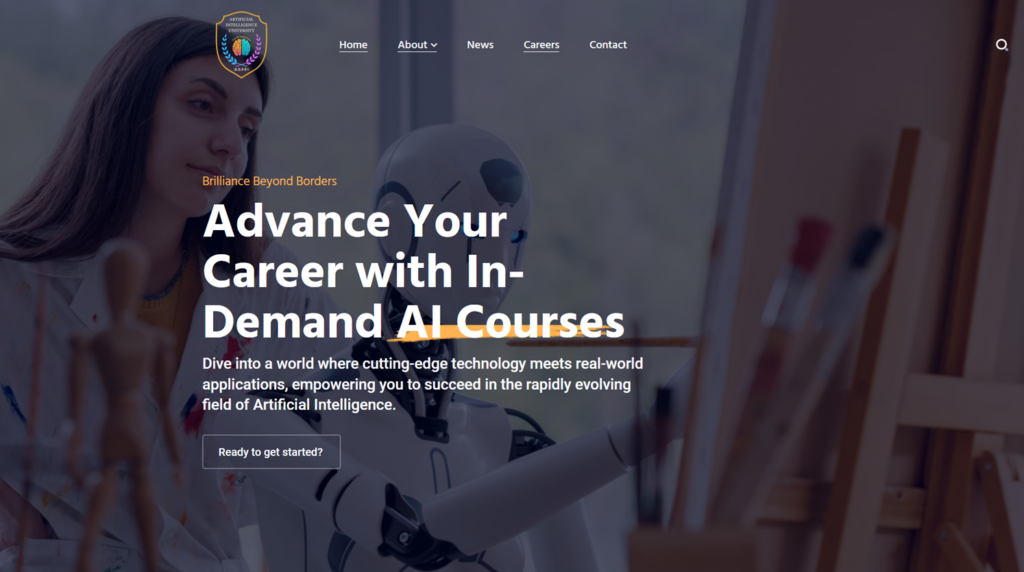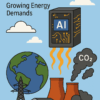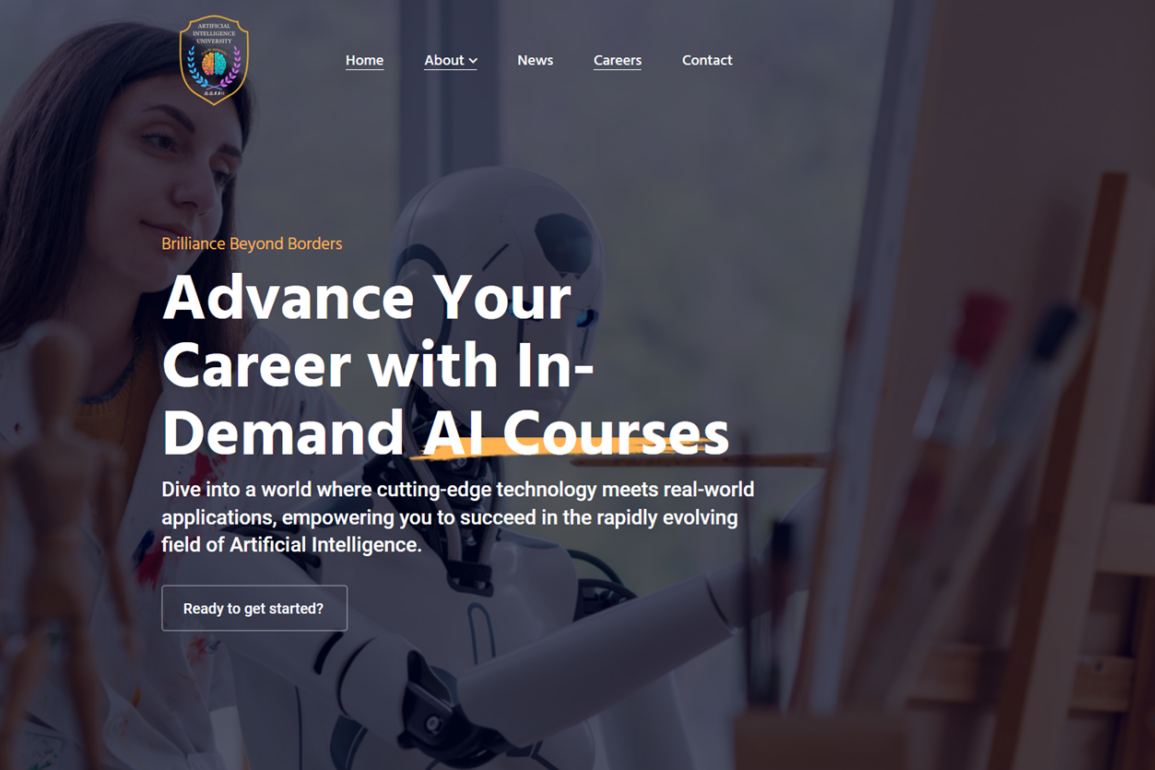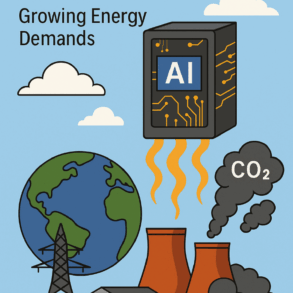AI in Education – Shaping the Workforce of Tomorrow

How AI is Transforming Education
AI is addressing critical challenges in education, enhancing both access and quality. Key applications include:
- Personalized Learning: AI systems analyze individual learning patterns to create customized educational content, as detailed in UNESCO’s digital education insights.
- Virtual Tutors: AI-powered chatbots provide real-time assistance, bridging gaps in traditional teaching methods.
- Predictive Analytics: Identifying students at risk of underperforming and enabling early intervention, as noted in the UK Department for Education’s guide on AI in schools.
AI Tools Revolutionizing Education
Learning Management Systems (LMS)
Platforms like Moodle and Canvas are integrating AI to enhance course delivery, automate administrative tasks, and provide actionable insights.
Content Creation Tools
AI tools such as Jasper AI and Grammarly assist educators in creating high-quality, engaging content for diverse audiences.
Immersive Learning Technologies
AI-driven Virtual Reality (VR) and Augmented Reality (AR) applications are transforming traditional classrooms into interactive learning environments, supported by findings in the UK Government’s AI education initiative.
Preparing the Workforce of Tomorrow
AI in education is not just about improving academic performance—it’s about equipping students with the skills needed for the jobs of the future. Key focus areas include:
- STEM Education: AI-powered tools make complex concepts in science, technology, engineering, and mathematics more accessible.
- Soft Skills Training: AI simulations help students develop communication, teamwork, and problem-solving skills.
- Continuous Learning: Lifelong learning platforms powered by AI ensure professionals stay updated in fast-evolving industries.
Challenges and Opportunities
While the potential of AI in education is immense, challenges remain:
- Equity: Ensuring AI tools are accessible to underprivileged communities.
- Privacy: Protecting student data from misuse or breaches.
- Teacher Training: Equipping educators with the skills to effectively use AI tools, as emphasized in the Wikipedia entry on AI in education.
Overcoming these challenges requires collaborative efforts from governments, educational institutions, and technology providers.
Artificial Intelligence University (AIU)
Artificial Intelligence University (AIU), a leading institution in AI education, plays a pivotal role in preparing the workforce for a tech-driven future. By offering cutting-edge courses and fostering research initiatives, AIU empowers professionals to excel in AI innovation. For more information on their programs, visit
AIU’s official website.
The Future of AI in Education
The integration of AI in education is set to expand, with advancements in natural language processing and adaptive learning technologies leading the way. By 2030, AI is expected to play a critical role in democratizing education, fostering inclusivity, and creating a workforce capable of navigating a tech-driven world.







